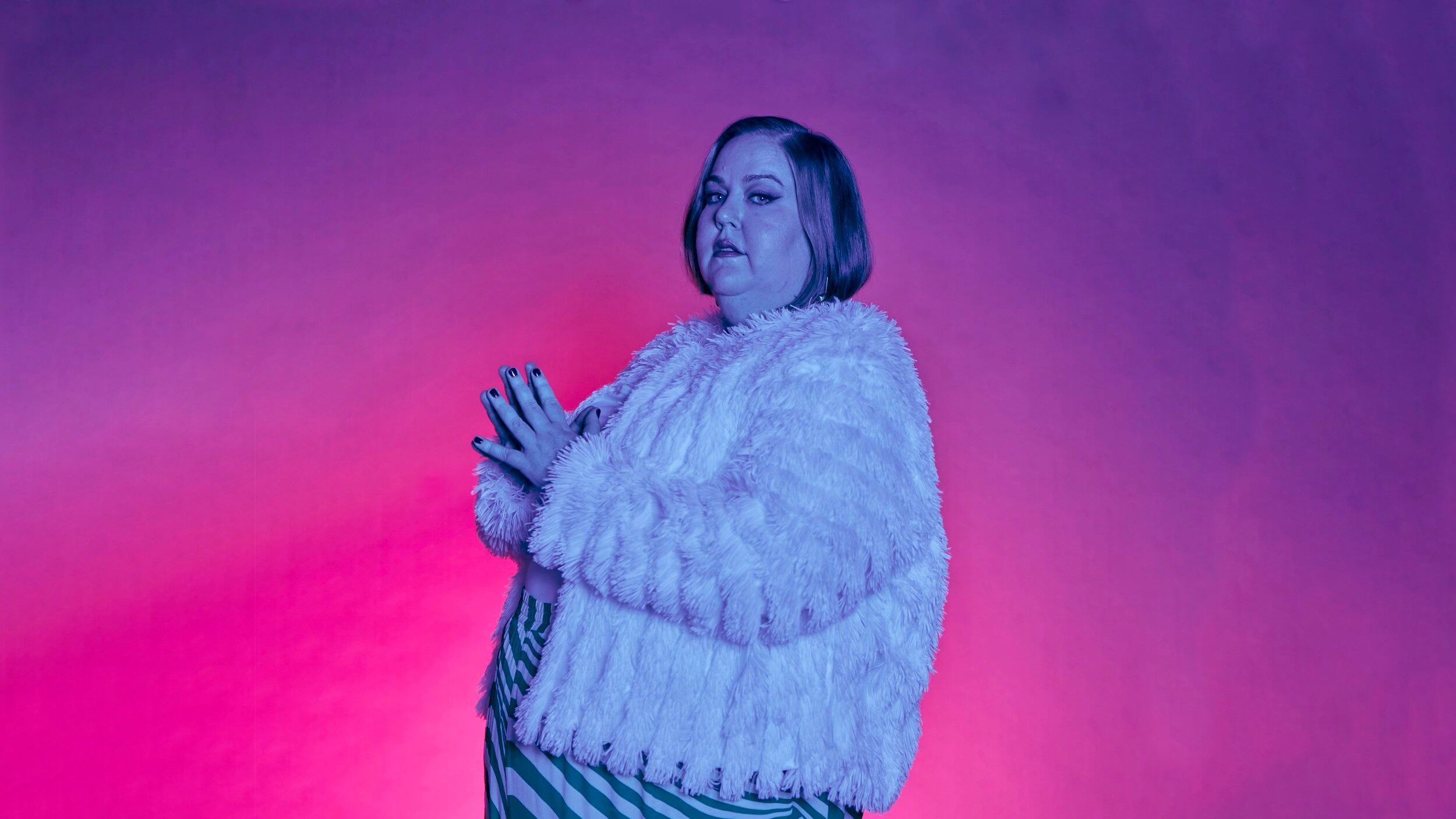For a quiet film about a woman facing entrenched societal discrimination, the documentary Your Fat Friend has become something of a phenomenon. A recent tour through U.K. theaters by filmmaker Jeanie Finlay and subject Aubrey Gordon won adoring global press coverage, and the film’s local premiere at the Hollywood reportedly sold out in just minutes, forcing the theater to add several more weeks of screenings.
Gordon, the Portland activist and author of What We Don’t Talk About When We Talk About Fat, makes for an instantly rootable protagonist, and her tale—lifelong wallflower finds her own voice speaking out against an insidious mass bigotry—hits all the crowd-pleasing notes with a textured authenticity.
Shot over six years around Portland, the specific details behind her metamorphosis may seem fresh, but Gordon’s story isn’t anything particularly new. Every few years, a watershed moment—Sarah Baker’s “fat girl” screed for Louie or Shrill’s pool party scene—sparks performative hand-wringing among the commenting class and headlines from a mass media utterly shocked to learn that people face constant harassment proportional to their size.
Pretending to honor the ideals of size acceptance while still applauding all weight lost by public figures allows tabloids to quite literally have their cake and eat it too: shaming the worst fat-shamers while implicitly encouraging their worldview by breathlessly detailing the dietary regimens required to trim down.
Much of the problem, as Gordon further recounts in agonizing detail, lies with a medical-industrial complex primed to consider the obese intrinsically unhealthy and eager to demonize every pound of a patient it finds excessive—a blinkered campaign of prejudice tantamount to malpractice.
Although the importance of Gordon’s work is constantly trumpeted by fans and correspondents, the documentary avoids wholly confirming her every statement. Tirades against the inequities of BMI and the trillion-dollar business that is Big Wellness are accompanied not by stats or PowerPoint indices, but Finlay’s restive camera footage.
The film can’t help but take a side against the towering armies of ill will, but it feels far less a politicized piece than a nuanced character portrait. As Gordon evolves from an anonymous blogger into a lifestyle influencer and impassioned advocate, she inevitably begins dressing the part—less and less embarrassed by new haircuts and makeup regimen—and visibly blossoms under increased attention.
As Gordon ascends, the film resorts to the stilted campiness of reality programming. An overextended birthday party scene built around the presentation of dietary dessert features a hammy but hesitant performance by her father, carrying more than a whiff of Bravo’s trademark staged spontaneity (just as her mother helplessly retreats to Kardashian-ish inanities whenever emotions threaten to rise).
It’s hard not to wonder what a sequel would look like. Your Fat Friend ends with Gordon enjoying the measured fame awarded to niche podcast hosts and bestselling authors. The trad narrative of a YFF reality show or sitcom adaptation would almost certainly find her heading down to Los Angeles and tempted by a sleek rebranding, but that seems especially unlikely for this particular heroine.
Unlike in the case of Adele, Rebel Wilson, Melissa McCarthy or any other star whose body positivity wavers as career options narrow, Gordon’s size is indivisible from her public identity. She asks us not to ignore her weight, but to treat it like an immutable fact of existence as indifferent to our concerns as gravity—and, Lord knows, she’s earned the benefit of the doubt.
SEE IT: Your Fat Friend plays at the Hollywood Theatre, 4122 NE Sandy Blvd., 503-493-1128, hollywoodtheatre.org. Multiple showtimes March 8-21. $9-$12.

